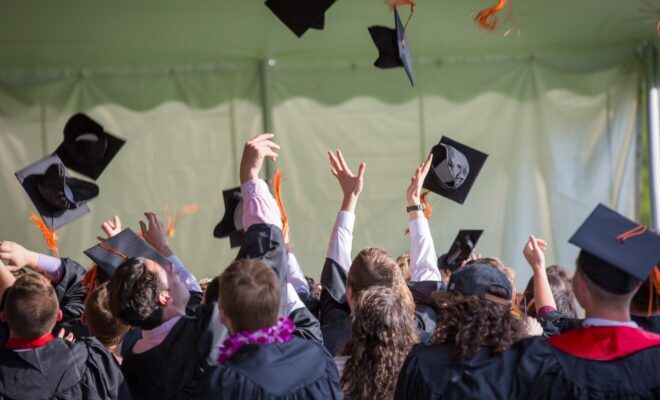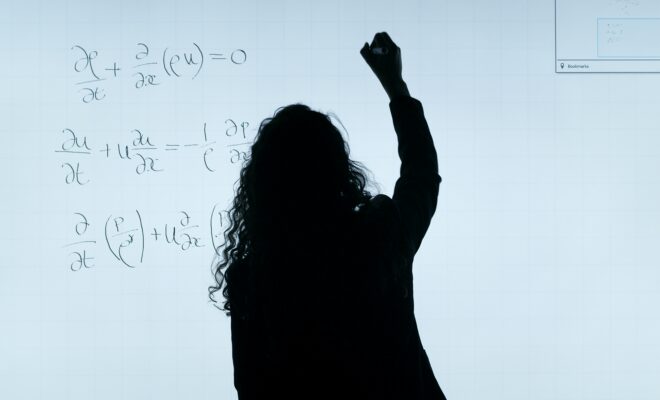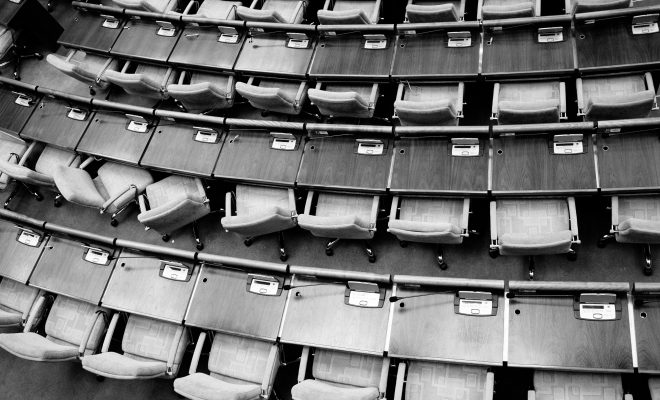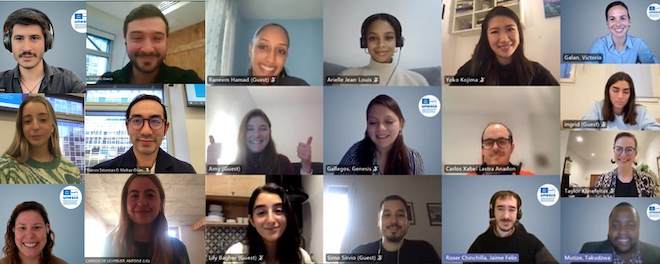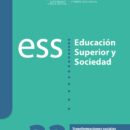The great expansion in times of pandemic
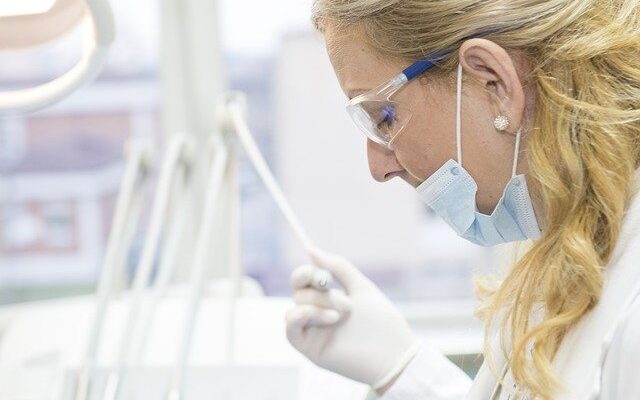
By Mariano Jabonero Blanco | Francesc Pedró
The closure of universities and educational establishments poses a real challenge for the Ibero-American education systems, which have to ensure that more than 177 million students can continue their education from home. This includes the 30 million university students and nearly 1.5 million teachers who have been urged, overnight, to switch to distance learning. These days, the priority of organizations like ours, the International Institute for Higher Education in Latin America and the Caribbean (UNESCO-IESALC) and the Organization of Ibero-American States (OEI), has been to support the efforts being made by the Governments and universities of the region to address, in the best possible way, this educational crisis which may have detrimental effects in the short and long term, if the necessary measures are not taken. Precisely, another of our fundamental tasks in these early stages of the epidemic is to gather evidence about what the impact of the closure of educational institutions on our students and teachers might be, and to propose actions based on this that could help to mitigate its consequences.
After this period of emergency, the time comes to reflect and to prepare ourselves for the new world that we are going to find when the isolation that, with better or worse spirits, we are suffering comes to an end. At this stage we are all aware that we are not going to recover the same routine that we have had to suspend in order to stop the spread of infection. We do not just mean that certain social habits will be replaced by others. We are talking about profound changes in the way we relate to each other on a personal level, working, studying, consuming, enjoying our leisure and public spaces or traveling.
For a long time, intellectuals and academics have warned us that the political, social and economic instability we were experiencing on a global scale heralded a change of era. History books are likely to mark the beginning of this new era on March 11th, 2020, the day the World Health Organization declared the international covid-19 pandemic. It is very difficult to know by what name it will be known to succeeding generations, but for those of us who witness its birth, this is the age of uncertainty.
Never before have there been so many questions about what the immediate future (tomorrow, next week, a month from now) will bring us. The military vocabulary has prevailed to describe the strange circumstances that we are living in, but the parallelism is not correct in many respects, nor is it useful when it comes to venturing tomorrow. Because even after the most devastating conflicts, such as the Second World War, there was a clear strategy of “reconstruction”, to recover the situation that existed before the outbreak of violence, which is not possible in the current case.
If we take it to the field of higher education, the universities had serious difficulties of all kinds, especially material, to resume their academic activity after 1945, but this was essentially the same as in 1939. To date, universities have not ceased their teaching work, and even less so research, but they are carrying it out through a series of technological tools that do imply profound changes in methodology, training activities, relationship with students, etcetera. It is very difficult to imagine that teachers and students will interact again in classes, laboratories or business practices, just as they did before, when the doors of our universities reopen.
Although enrolment in non-face-to-face education in Latin America has increased by 73 per cent since 2010, this is a weak option in the region. Brazil is the country with the largest participation of distance learning in university enrolment, with 21 per cent. A figure that contrasts with 4.7% in Argentina or 2.4% in Chile. Therefore, many universities are now discovering the possibilities offered by this form of teaching. They will inevitably make more intensive use of it and of new technologies in the future, if only to make up for the huge adaptation effort they are making. Ibero-America registers the highest global growth of university students and, along with this, as has been described, of virtual education.
Higher education institutions are best equipped to meet this challenge and, in general, this new stage that is opening because they have a certain experience in managing uncertainty. The Academy, as we have previously pointed out, has been warning us that we were not simply facing a time of changes, but that these were so disruptive and so widespread that they were leading to an authentic change of epoch, which is crystallizing in these weeks of confinement. The productive sector, with its constant demand for innovation, has been one of the great promoters of all these changes and the cause that higher education, both university and technical, has been steeped in considerable uncertainty for a long time, without knowing very well what professional and academic competencies should be developed.
Industry 4.0, the robotization or automation of production processes, or the growing presence of artificial intelligence, have not made it easy for organizations such as those we represent. Among our fundamental functions we have to make forecasts and transfer useful educational proposals for governments and for educational institutions in our region.
We would like to be able to say that in carrying out our task in a context with so many questions, we have discovered a tautological formula capable of successfully guiding our steps in the darkness that lies ahead. Unfortunately, this is not the case, but we do have some certainty as to which instruments and strategies are particularly useful in order not to go astray.
The first was already announced to us by our ancestors with the myth of Prometheus: it is the fire of reason, of knowledge. We have to rely more than ever on research and knowledge generation. To move forward based on facts and evidence, which will show us which is the best path. It is true that circumstances as extraordinary as the current ones, which break any series of data or render meaningless any previous prospecting, can blind the path we were following, but at least we know exactly where we are, and thus we can find another alternative route more quickly.
One of the positive consequences of this pandemic is the great media attention our scientists are receiving, a profession as well recognized as unknown in our region. Scientific institutions enjoy a high reputation in Latin America, but most Latin Americans cannot name any local R&D institution. The highest percentages are found in Uruguay, Costa Rica, Argentina and Colombia, where between a third and a quarter of the population knows some research center.
In the coming months we will continue to very closely follow their work in search for a vaccine and treatment against Covid-19. We hope that this will contribute to at least, maintaining investment support for their work, both public and private, despite the adverse looming economic context. The World Bank announced a few days ago that Ibero-America will conclude 2020 with a contraction of 4.6% of GDP, a forecast that we fear will be even worse. It would therefore be useful to recall that the Ibero-American countries allocate 0.78% of their Gross Domestic Product to R&D, compared to 2.34% in the OECD countries and 1.93% in the European Union. And let us become aware that these figures condition our exit from the crisis and that they even represent a serious risk to public health.
To conclude, we would also like to stress the importance of finding good traveling companions when one intends to venture into the unknown and forge international alliances. To combine efforts, resources, capabilities and intelligence, to increase the chances of success of the expedition. It is also the path pointed out by the 2030 Agenda in its SDG number 17, which encourages us to build strategic alliances between those of us who share the same mission and aspire to achieve similar goals. This was done last February by the OEI and UNESCO-IESALC, when we signed a collaboration agreement in Havana that formalized the relation of cooperation that we had been developing for some time. We could not imagine then that the panorama of higher education, whose detailed analysis is one of the first joint projects that we have tackled, would become so complicated just a few weeks later.
This has only reaffirmed our commitment to work together to strengthen the scientific and technological systems of the countries of the region; to achieve qualified graduates ready to enter the productive world and to offer the possibility of lifelong learning to more workers. And to do so, on the basis of rigorous and well-founded work, which will give us the greatest possible certainty now that we are so sorely in need of it.
Francesc Pedró is director of the International Institute for Higher Education in Latin America and the Caribbean (UNESCO-IESALC); Mariano Jabonero is secretary general of the Organization of Ibero-American States for Education, Science and Culture (OEI).
Article published in El País on 5 May 2020.
Image courtesy of Pixabay.
RELATED ITEMS

